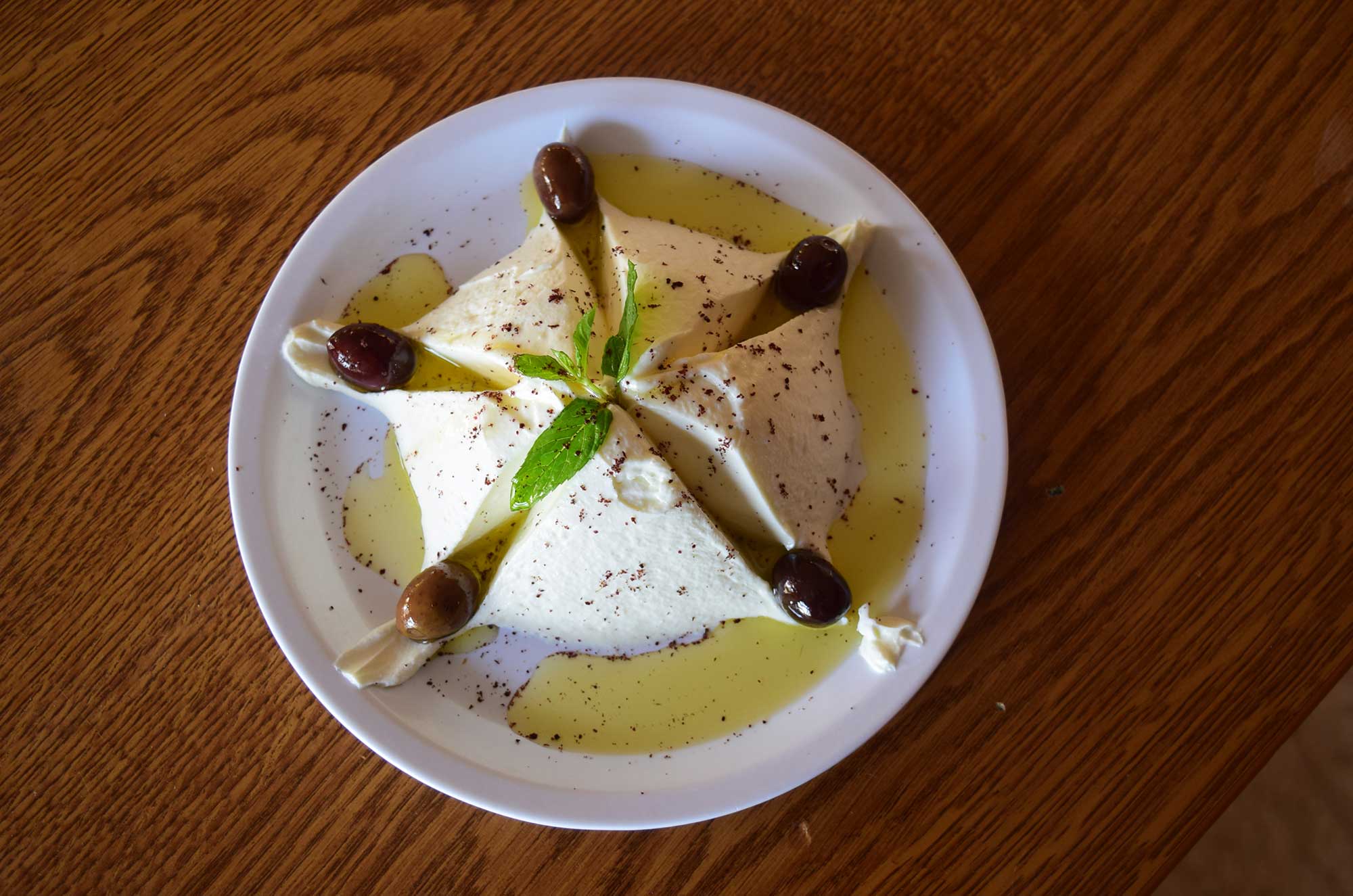Dec, 2015
As the holiday season approaches, rural guesthouses that dot the Lebanese countryside are preparing to welcome Lebanese and foreign visitors and their families.
One vital aspect of that preparation has been to professionalize their food service.
The latest “Diyafa” training session through Anera’s rural tourism project in Lebanon covered food preparation and presentation. It featured top chef Shadi Bawab and food expert Karim Tawil. The course included best practices for food presentation and preparation of traditional dishes, as well as suggestions on how to reduce cost and waste in the kitchen.
Boosting Economic Opportunity & Perfecting Mezze
The training was part of a program of 32 trainings held throughout Lebanon to focus on topics ranging from guesthouse management to website development. The training sessions are part of Anera’s project to encourage and develop tourism in Lebanon to increase economic opportunities in rural communities. Anera launched the program in 2005. Known as Diyafa, or “hospitality” in Arabic, the network of countryside guesthouses and ecological lodgings is helping to stimulate sustainable income and employment in the tourism sector.
The food preparation training in Douma, in northern North Lebanon, featured breakfast and lunch. Chef Bawab worked with Diyafa guesthouse owners on effective cooking techniques. “We helped them uplift their menus and incorporate new cooking techniques to reduce production time, waste, and cost.”
One of the most important aspects of the training involved the proper handling of raw meat. “Time is important,” Chef Bawab explains, “especially when dealing with raw material such as meat and chicken. The faster you prepare them, the longer you can preserve their freshness.”


But Chef Bawab also stressed that preparing the meal is only one aspect of restaurant management. “Garnishing your plate is as important as the taste. I teach reusing raw materials like vegetables for decoration. It makes the plate look more appealing and reduces waste and cost as well.”
After preparing a traditional Lebanese lunch of tabbouleh, baba ghanouj and grilled chicken, participants listened carefully to Chef Bawab’s advice on how to modify spices to appeal to different palates and how to properly handle the combination of tastes during meal planning and preparation.
Helping Hosts Meet International Hospitality Standards
Wafaa Chalhoub, a training participant, described the session as enlightening and valuable. “Diyafa informs us about international standards, and even when you think you are a good cook and doing everything right, there are all these new techniques, like ones I have just learned, that will improve my kitchen, reduce my food waste and my operational costs.”


Wafaa manages the Diwan el Beik guesthouse in Douma and is well-known for her pastry “Nammoura,” a Douma specialty. She found the best part of the training for her was how to decorate the traditional mezza plate of mixed salads and dips. “It taught me how to make my appetizers more appealing and consistent.”
This is the fifth training session Wafaa has attended. Other sessions concentrated on food safety and hygiene, marketing, and website management. She says each session has helped her improve her management skills. “We learn something new in each training and every piece of information is an added value for us in the rural tourism sector.”




